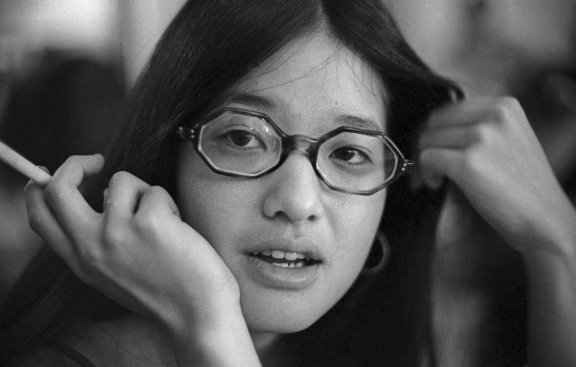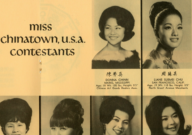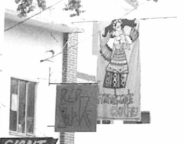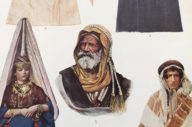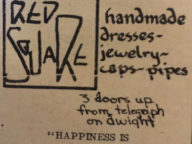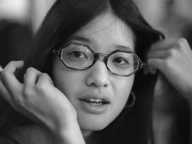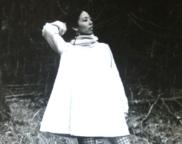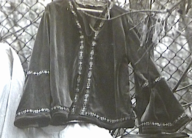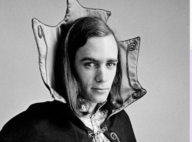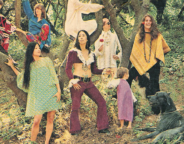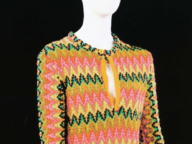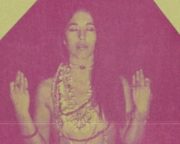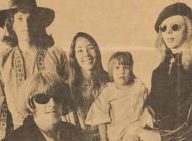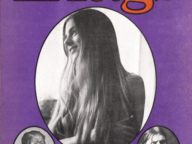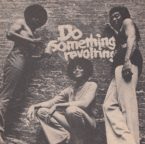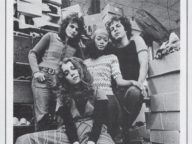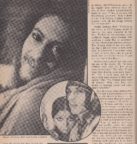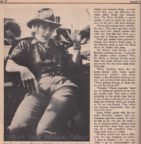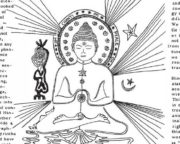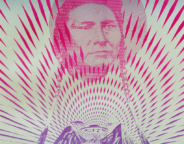This photograph of Liane Chu—an outtake from Nacio Jan Brown’s Rag Theater sessions—conveys some of Chu’s inquisitive spirit and her desire to go her own way.
In an interview, Chu recalled how she was drawn to Berkeley in part because the people on its streets were more free in their sense of fashion. The hippies refused to be confined by the garters, stockings, corsets, and other restrictive garments of their parent’s generation, she noted.
At the time, Chu’s father never really understood: he was committed to social causes, always encouraging his daughter Liane to speak out against injustice, but as a product of a different generation, he looked askance at the style of the counterculture.
By embracing that style, Chu became not so presentable to his circle of friends. She recalled, in an interview, one illustrative incident from her early-twenties: “When he saw me and my friends with our long-ish hair down on North Beach when we were out there one night and he was out with friends, he saw us from afar… He steered them across the street so that they wouldn’t have to encounter us and see what had happened to his daughter hanging out with these Hippie long hair people.”
A few years later, though, her parents came into much more intimate contact with the counterculture through their family business—a wig shop on Polk Street in San Francisco. In the late-1960s, the profile of those searching to buy wigs was changing, as gay liberation swept through the neighborhood where they had their shop.
Open to their new customer base, the Chus hired and worked with gay and trans folks as drag performance caught on in San Francisco. And the Chus changed their perspective on their daughter: Liane’s style of dress now seemed, to them, a mild form of rebellion by comparison.
